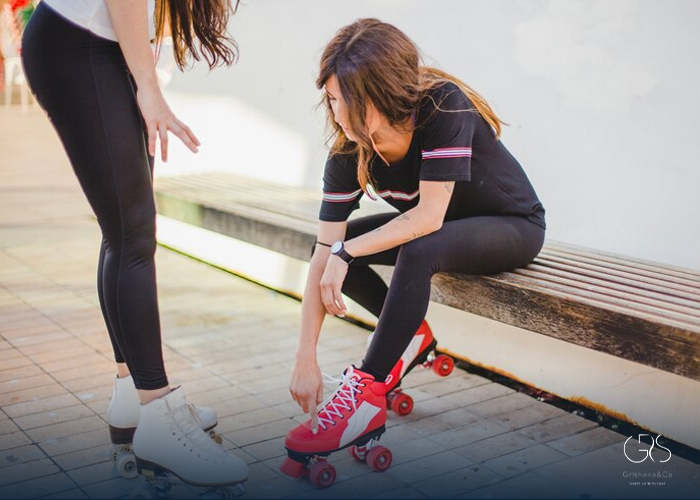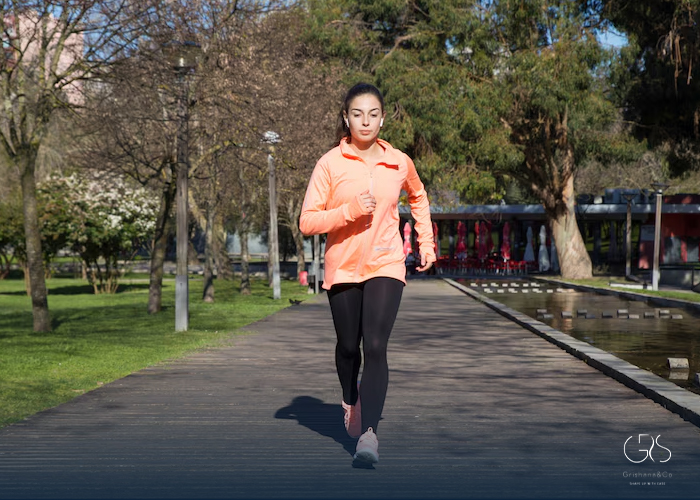Roller skating is a popular recreational activity that provides numerous benefits for both the mental and physical health of individuals. According to the International Roller Skating Association, roller skating is enjoyed by over 10 million people worldwide, with the majority being under the age of 18. This activity has proven to be a fun and versatile way to stay active, while also improving balance, coordination, and cardiovascular health. In this article, we will explore the various benefits of roller skating from different perspectives, including physical, mental, and social.
Physical Benefits
As an aerobic exercise, roller skating is an excellent alternative to high-impact activities, such as running or jogging. According to the American Heart Association (AHA), regular skating can lower the risk of heart disease, lower blood pressure, and improve lung function. Skating is associated with a lower risk of obesity and weight gain, making it an ideal way to maintain a healthy weight. Additionally, roller skating works out a variety of muscle groups in the body such as the core, legs, and glutes. A study conducted in 2014 by the University of Copenhagen concluded that the push-off motion of skating helps activate the muscles in the posterior chain of the lower body, including hamstrings, glutes, and calves.(I suggest reading my article to learn more about the benefits of aerobic exercise.)
The Center for Disease Control and Prevention (CDC) recommends that adults between 18-65 years old get at least 150 minutes of moderate-intensity aerobic activity, such as roller skating, a week. Skating can also be a form of high-intensity interval training (HIIT) since it requires bursts of speed and long periods of rest. It has been suggested that adverse health effects are reduced with a minimum of 150 minutes per week of moderate physical activity, including skating. Additionally, roller skating can promote flexibility and balance, strengthening the core muscles of the body and coordination.

Mental Benefits
Roller skating is an activity that can improve overall mental health. It is a form of exercise that releases endorphins, a natural chemical that makes people feel happy and reduces stress. Women’s Health magazine reports that the physical benefits of skating can improve the mood and alleviate symptoms of depression and anxiety. Furthermore, skating in a community setting provides social interaction and a sense of belonging, which can help people develop strong social bonds, promoting confidence, self-esteem, and personal growth.
(Read more about the causes of anxiety)
In today’s fast-paced life, the need to ease mental tension has become even more crucial. Research suggests that engaging in sports is an effective way to counter depression and anxiety. The National Institute of Mental Health (NIMH) has acknowledged the benefits of physical activity on the brain’s neurotransmitters and its influence on mood. Exercise is believed to regulate brain-derived neurotrophic factor (BDNF), a protein necessary for brain health and function, which can help alleviate or reduce symptoms of depression and anxiety.
(I suggest reading my article on signs and symptoms of depression. Would you be willing to take a look?)
Social Benefits
Roller skating is an activity that provides opportunities for social interaction in a friendly and supportive environment. It offers a chance to connect with people of all ages and backgrounds. Skating rinks often host events that bring people together, including music, themed parties, and skate lessons. These opportunities promote unique social bonds and can help individuals develop stronger, lasting friendships and feelings of belonging.
In today’s fast-paced society, where many people spend a lot of time online, engaging in a physical activity that promotes social interaction can significantly benefit social health. According to a report by Sport England, sports and physical activity can contribute to a better social life and community ties in individuals. Engaging in activities that promote social contact and physical exercise can also increase individuals’ experiences of enjoyment and psychological well-being.

Conclusion
Roller skating is a fun, engaging, and low-impact activity that offers numerous health benefits. For those looking to add variety and enjoyment to their fitness routine, roller skating is an excellent option to boost their physical, mental, and social health. With advances in technology and the increasing sedentary nature of work-life, roller skating can be a refreshing break to take people back to the good old days. Rolling down the street during leisure time is a fun and fulfilling way of staying active and healthy.
Sources
- Skate Moore Skate Center, Roller Skating As A Social Activity: Building Friendships And Community
- International Roller Skating Association, Roller Skating
- Healthline, Is Roller Skating Good Exercise? Here's What We Found Out










